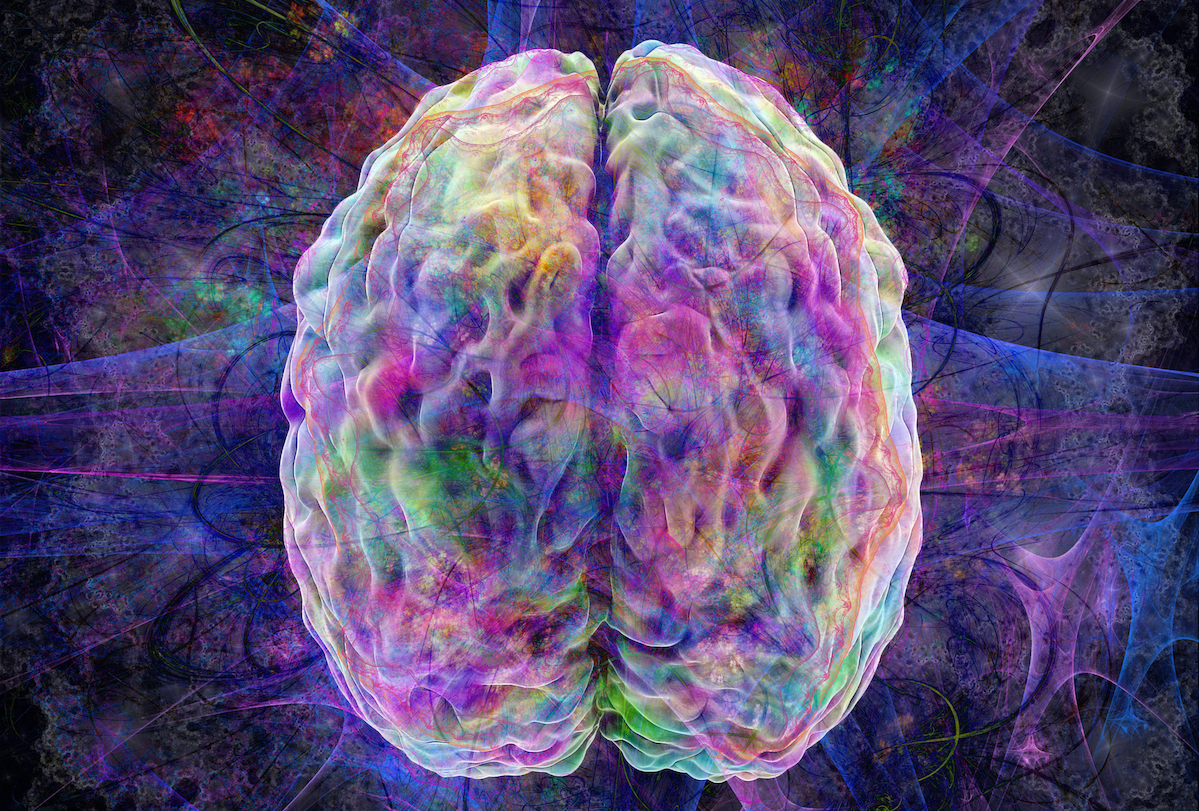
What role do the stages of sleep play in forming memories? “We’ve known for a long time that useful learning happens during sleep,” says University of Pennsylvania neuroscientist Anna Schapiro. “You encode new experiences while you’re awake, you go to sleep, and when you wake up your memory has somehow been transformed.”
Yet precisely how new experiences get processed during sleep has remained mostly a mystery. Using a neural network computational model they built, Schapiro, Penn Ph.D. student Dhairyya Singh, and Princeton University’s Kenneth Norman now have new insight into the process.
In research published in the Proceedings of the National Academy of Sciences, they show that as the brain cycles through slow-wave and rapid-eye movement (REM) sleep, which happens about five t...
Read More









Recent Comments